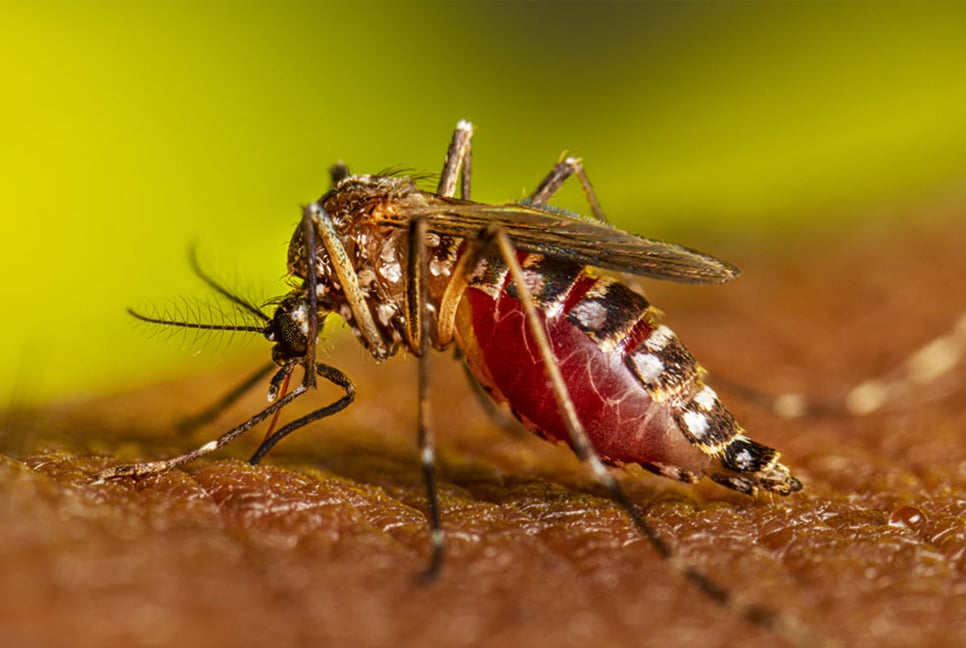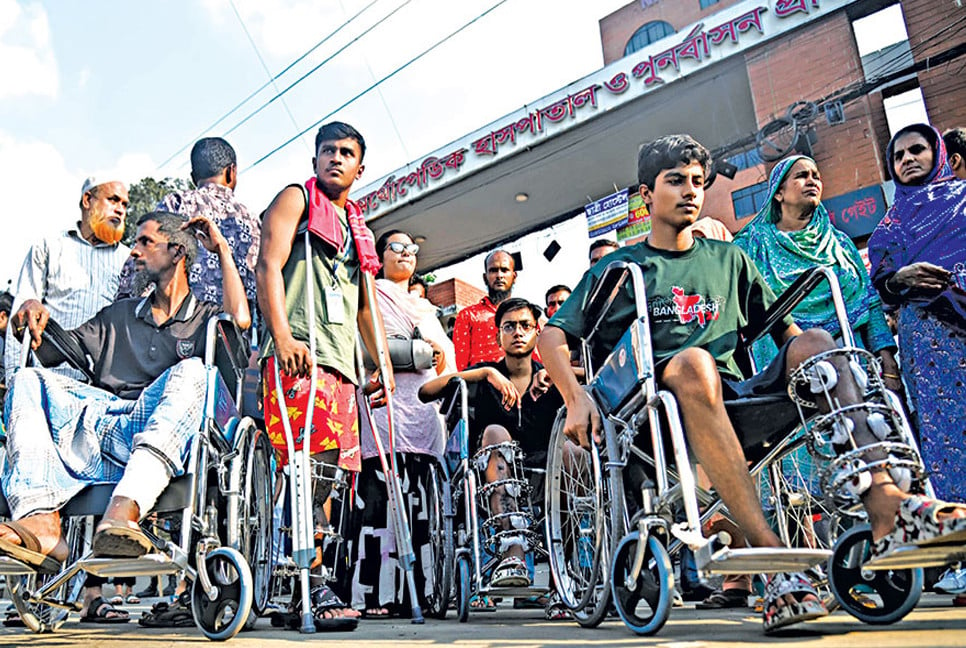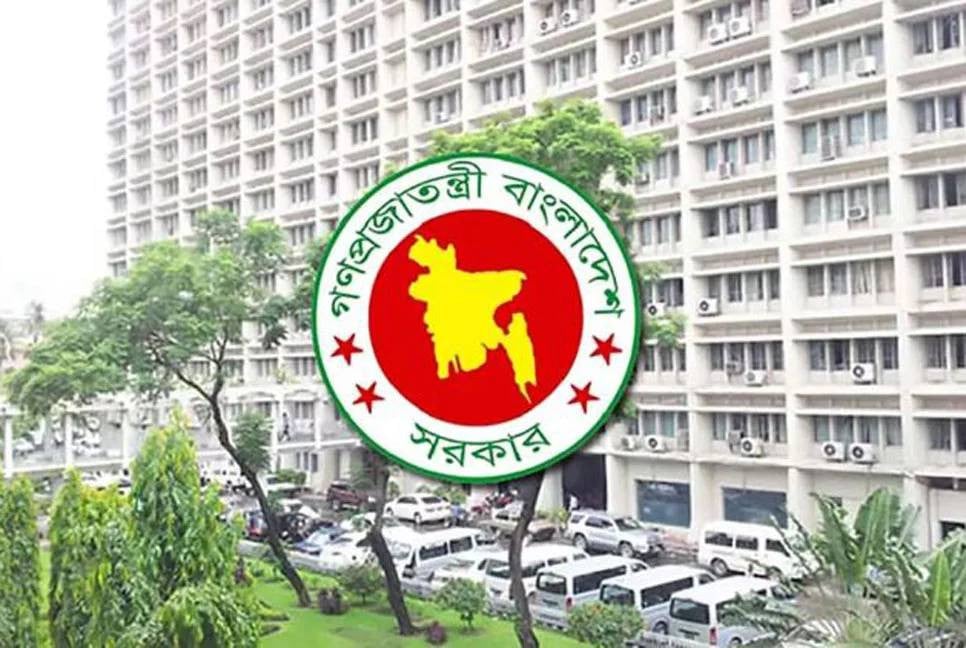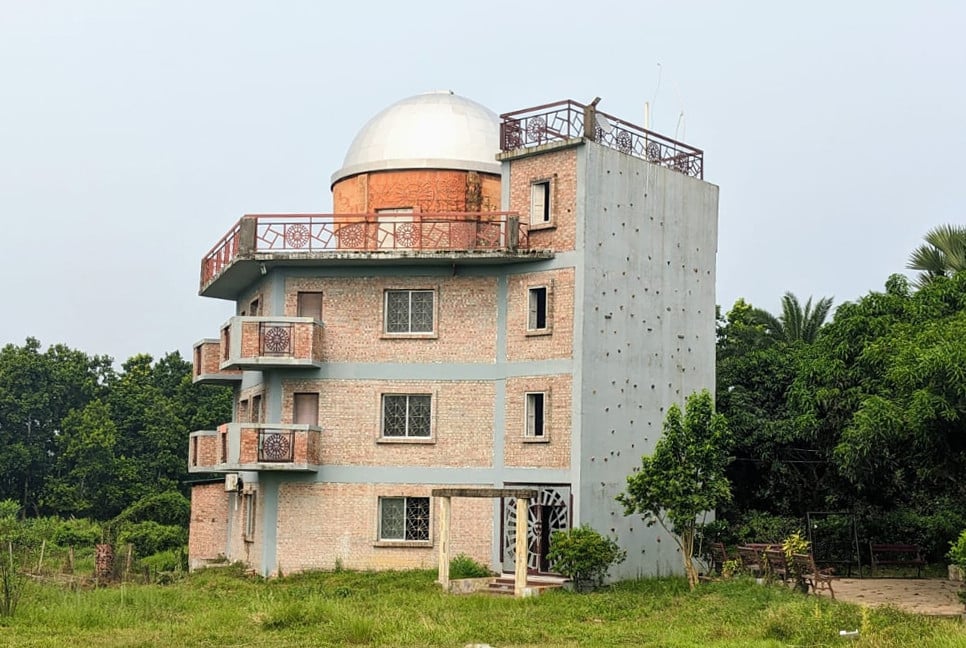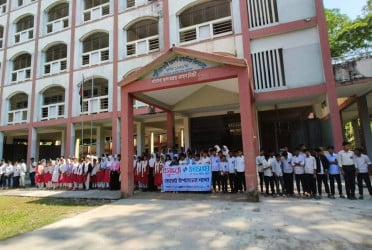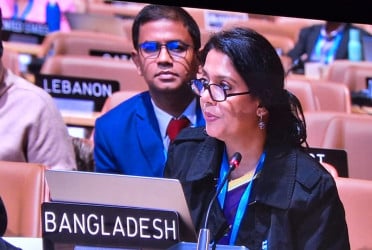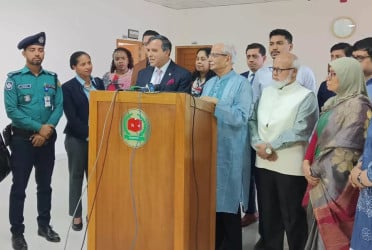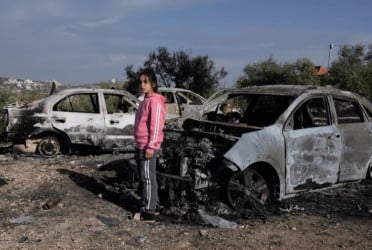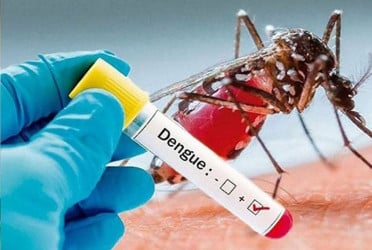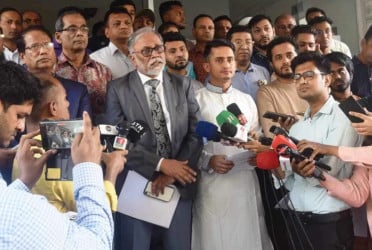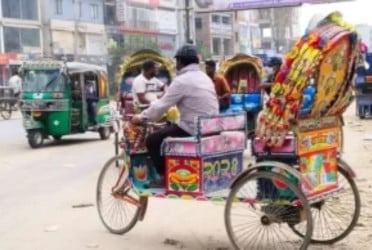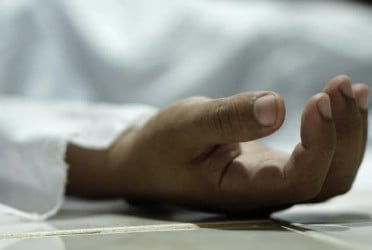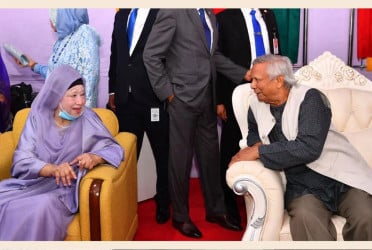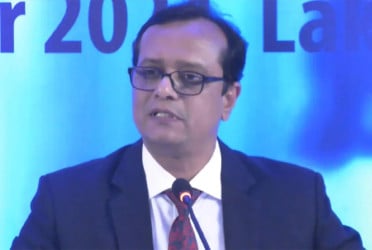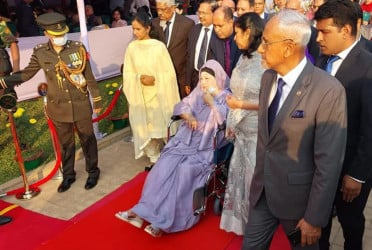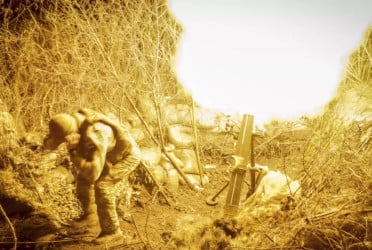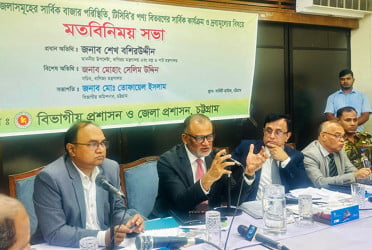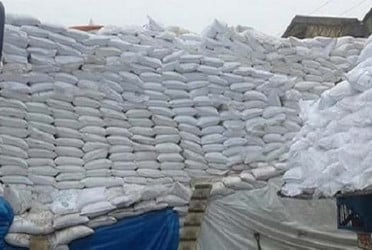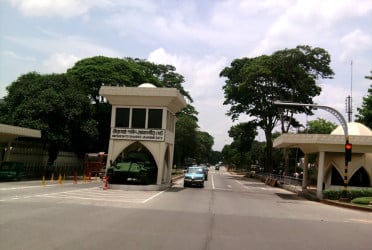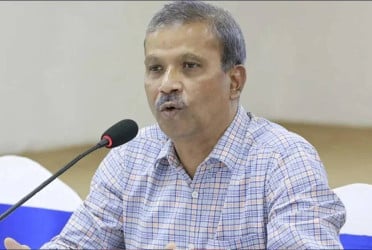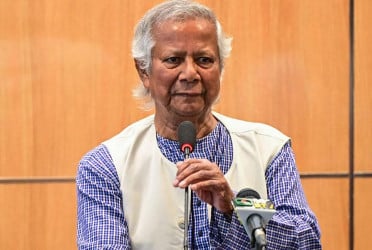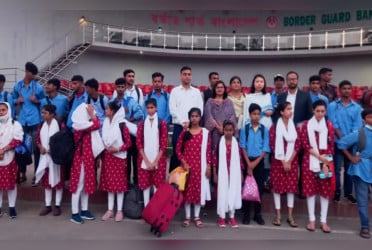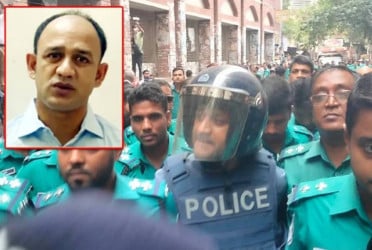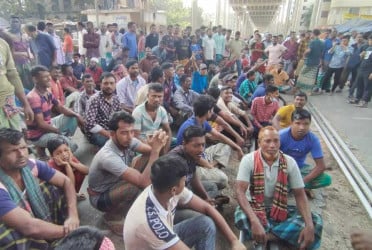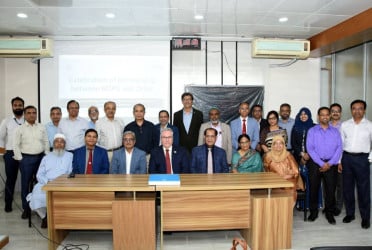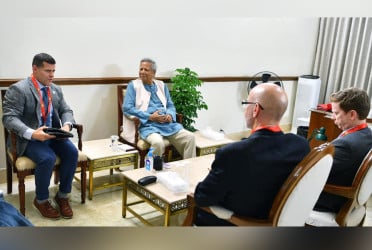As the rainy season approaches, cases of dengue fever are on the rise in Bangladesh, sparking fears of a potentially severe outbreak. Reports indicate that as of March 31 this year, 22 individuals have succumbed to dengue, with 1,705 confirmed cases of infection. This represents a significant increase compared to the same period last year, when 843 cases were reported and 9 fatalities occurred. Experts warn that the current dengue situation may surpass the severity of previous outbreaks.
In response to the escalating crisis, health authorities have taken proactive measures to address the shortage of injectable saline, a critical component in dengue treatment. Last year, the country faced a crisis as the number of dengue patients surged to 321,179, resulting in 1,705 deaths, exacerbated by a scarcity of essential medical supplies.
To prevent a recurrence of this crisis, the Ministry of Health has convened meetings to ensure an ample stock of injectable saline in government hospitals.
Professor Kabirul Bashar, an entomologist at Jahangirnagar University, expressed concerns over the worsening dengue situation, particularly outside the capital city of Dhaka. He emphasized the need for proactive measures to combat mosquito breeding sites and ensure prompt treatment for dengue patients in rural areas, where access to healthcare facilities may be limited.
According to health department sources, Bangladesh witnessed a record number of dengue cases last year, marking the most severe outbreak in the country's 22-year history of dengue surveillance.
The resurgence of dengue cases follows a decline in infections during the COVID-19 pandemic in 2020, underscoring the urgency of comprehensive measures to mitigate the spread of the disease.
Emeritus Professor and Prime Minister's personal doctor ABM Abdullah told Bangladesh Pratidin, “This time the dengue situation seems to be dire. Dengue is no longer a city disease, it has spread across the country. Everyone knows that Aedes is the enemy. So you have to kill mosquitoes, protect yourself from mosquito bites. There is no need to fear if you are infected with dengue, there is no need to take any medicine other than paracetamol.”
“However, if any symptoms of severe abdominal pain, vomiting, difficulty in breathing and bleeding from the nose and gums appear, you should go to the hospital without delay,” he added.
Dhaka South City Corporation Chief Health Officer Fazle Shamsul Kabir told Bangladesh Pratidin, “We have entered the field with a plan to kill mosquitoes from January 1. We are advocating with the people to eliminate the source of Aedes mosquito at the field level. This month we will meet with the service agencies of the capital and write letters for overall cooperation. Apart from this, I will strengthen the crash program in all wards and mosquito control in vulnerable wards.”
Dhaka North City Corporation (DNCC) has taken the initiative to buy abandoned polythene, packets of chips, ice cream cups, tin shells, unused tires, commodes and other abandoned materials to destroy the habitat of Aedes mosquitoes. Anyone can go to the councilor's office in each ward and collect cash by submitting these items.
DNCC Mayor Md. Atiqul Islam told Bangladesh Pratidin, “In the current month, a campaign will be started to make the people aware of the dengue control under the leadership of the councilors in each ward. Discussion meetings and rallies will be held with local dignitaries, politicians, imams, teachers and students on what to do to control dengue. Drug application by DNCC, along with cleanliness activities, public awareness is essential. Roofs, balconies, abandoned tires, tin shells, clay pots, food packets, unused commodes should not be allowed to collect water.”
(The report was published on print and online versions of The Bangladesh Pratidin on April 17 and rewritten in English by Tanvir Raihan)

